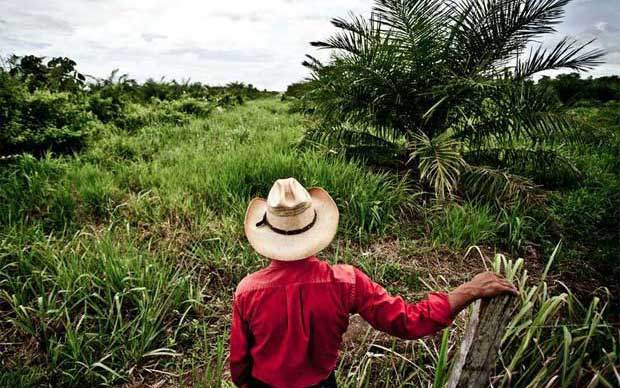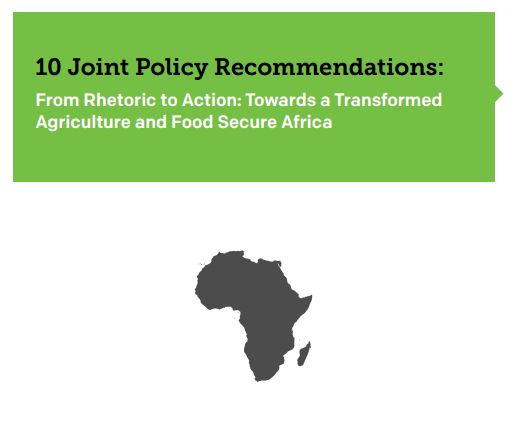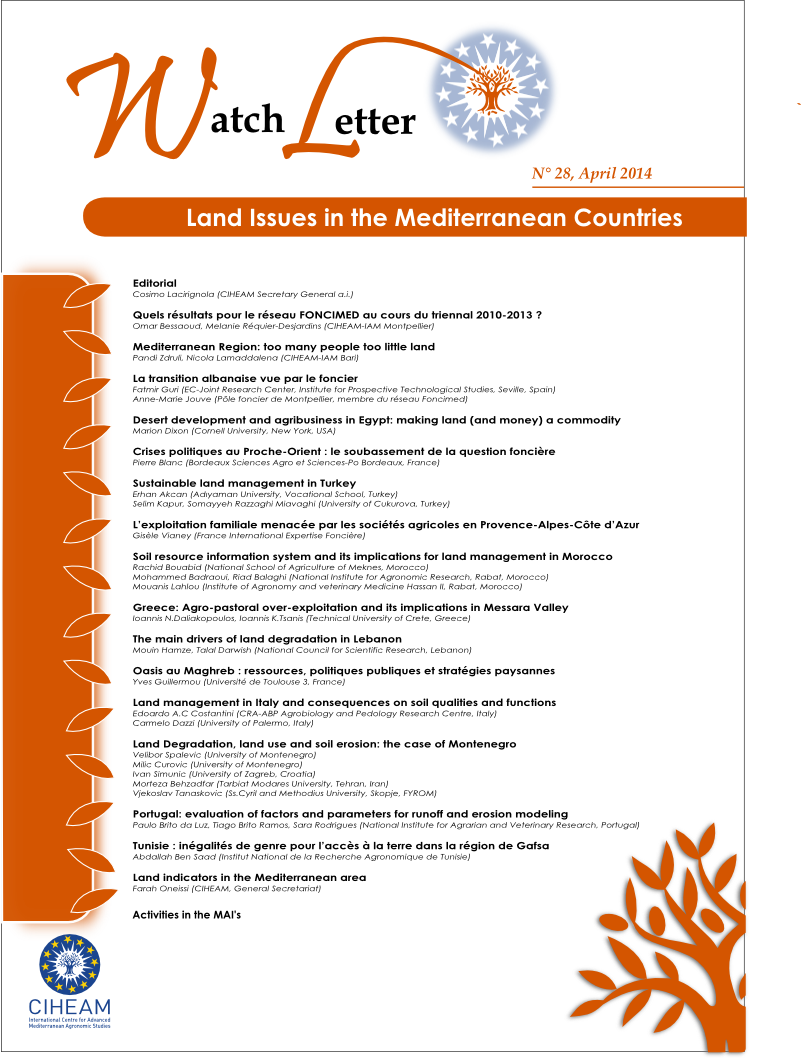Arrêté du ministre de l’agriculture du 9 juillet 2013, relatif à la fixation des périmètres pastoraux de sauvegarde du cheptel et à leur ouverture au pacage.
Le présent arrêté détermine les périmètres pastoraux de sauvegarde du cheptel en cas de disette ou de périodes calamiteuses et à leur ouverture au pacage. Les périmètres indiqués à l'article premier sont ouverts au pacage à partir de l'entrée en vigueur du présent arrêté jusqu'à la fin du mois d'août 2013.Toutefois, l'interdiction du pacage demeure en vigueur dans les périmètres où les arbres d'essences forestières plantés ou semés de main d'homme ou issus d'incendies ne dépassant pas un mètre de hauteur.








